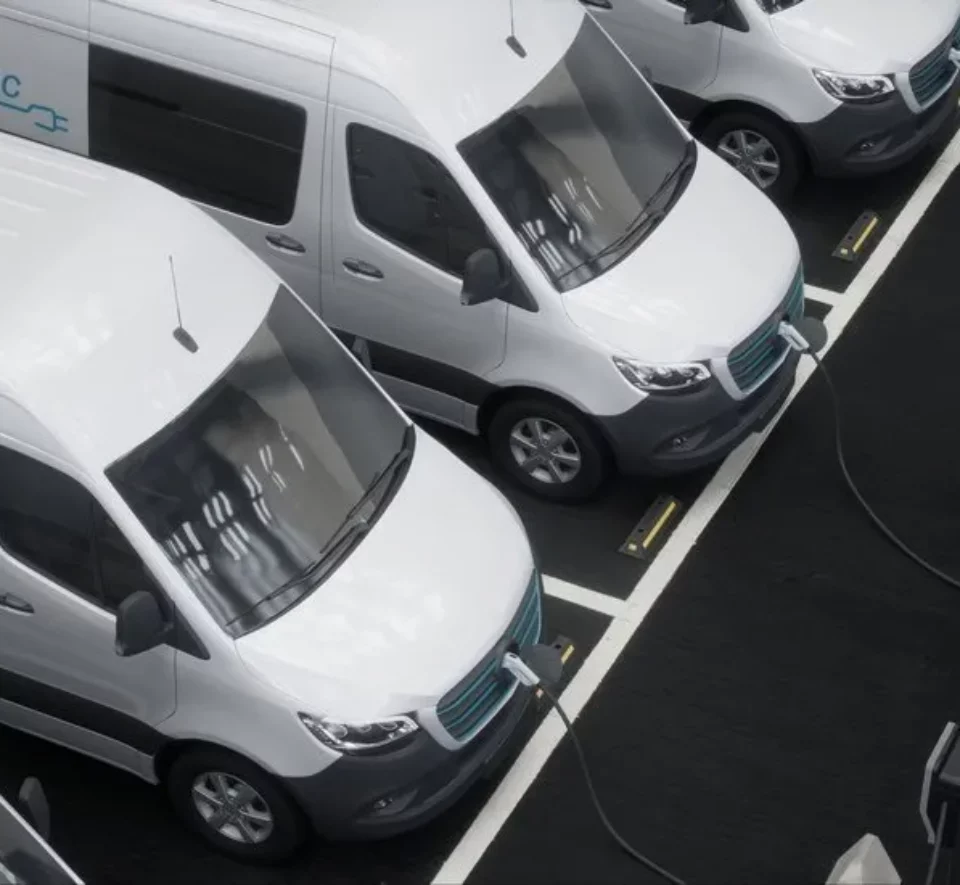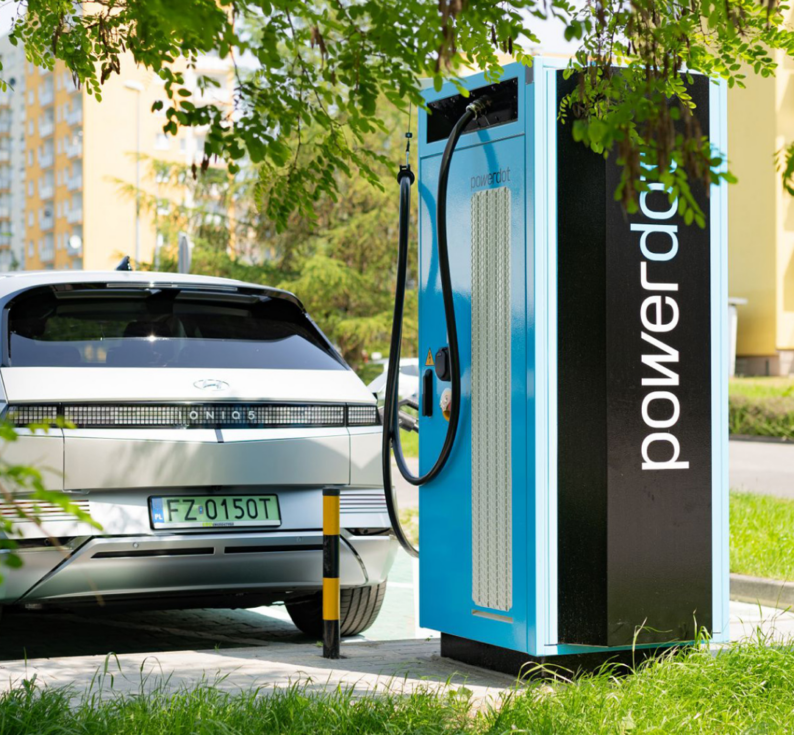In recent years, there has been a marked shift towards sustainable, eco-friendly transport solutions. A key development in this shift is the growing adoption of electric vehicles (EVs) within European commercial fleets. This transition offers not only environmental benefits, such as reduced emissions but also significant cost-saving advantages for businesses.
Discover how adopting EVs can benefit companies in various sectors and why commercial electric vehicles are becoming a common sight on Europe’s roads.
The Current Landscape
The adoption of EVs in commercial fleets is gaining momentum, with businesses in sectors like logistics, transportation, and delivery services embracing this change. Companies such as DHL, Amazon, and UPS have committed to integrating electric vehicles into their operations, signalling a wider industry trend towards sustainability and environmental responsibility.
A report by Charles River Associates in October 2023 highlights the substantial growth of the EV sector in commercial fleets from 2016 to 2022. The number of electric vehicles increased from around 100,000 to over 1 million, marking a 50% compound annual growth rate. This surge was led by passenger cars and buses, with EVs representing 35% of new passenger car sales and 21% of bus sales in 2022. Light commercial vehicles (LCVs) are also advancing, now comprising 12% of new electric vehicle registrations.
Also read → The Rise of Electric SUVs
Benefits of Transitioning to Electric Fleets
The primary advantage of transitioning to electric fleets is the significant reduction in greenhouse gas emissions and air pollution, contributing to cleaner air and a healthier environment. This supports many businesses’ sustainability goals and corporate social responsibility commitments.
From a financial standpoint, the savings on operational costs are notable. Electricity is cheaper than traditional fuel, and EVs have lower maintenance and servicing needs, reducing the total cost of ownership over their lifespan. Additionally, incentives and subsidies provided by various European governments further encourage the shift to electric fleets by enhancing their economic viability.
Infrastructure Developments
The expansion of charging infrastructure across Europe has been instrumental in facilitating the shift to electric fleets. Improved access to charging stations and advances in fast-charging technology have addressed concerns about range and charging times, making EVs a practical and reliable choice for commercial operations.
Also read → Powerdot Secures €165 Million Green Financing to Accelerate EV Charging Point Deployment
Challenges and Opportunities
Despite the clear benefits, some challenges remain. These include the initial costs of EV acquisition, the need for further expansion of charging infrastructure, and potential range limitations for certain applications. However, ongoing advancements in battery technology and charging networks are helping to overcome these obstacles, providing further motivation for businesses to adopt electric fleets.
Moreover, transitioning to electric fleets offers businesses the chance to position themselves as leaders in sustainability, bolster their brand image, and meet the expectations of customers and shareholders who prioritise environmental responsibility.
The Road Ahead
With regulatory frameworks increasingly prioritising sustainable transport and emissions reduction, the case for electric fleets becomes stronger. Businesses that make this transition contribute not only to Europe’s environmental goals but also to their own long-term economic interests.
The continued evolution of EV technology, supportive government policies, and growing awareness of environmental impact suggest that the adoption of electric vehicles in commercial fleets across Europe will only accelerate. This shift is a significant step towards a more sustainable future for commercial transport.
In conclusion, the move to electric vehicles within European commercial fleets brings a range of benefits, from environmental sustainability to economic advantages. The continued momentum of this transition highlights a promising future for electric mobility in the commercial sector and underscores the broader push towards a sustainable, environmentally-conscious transport ecosystem.










